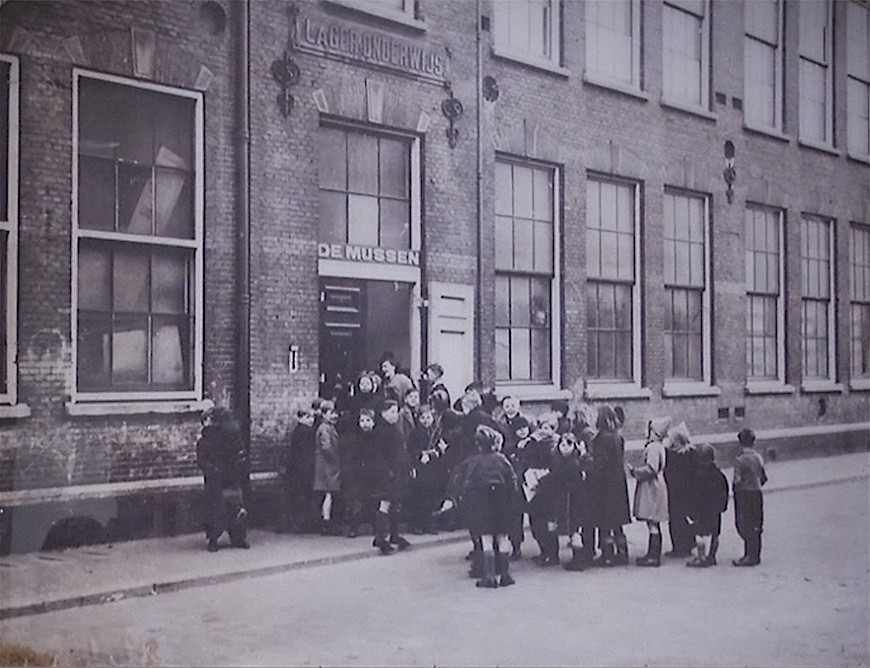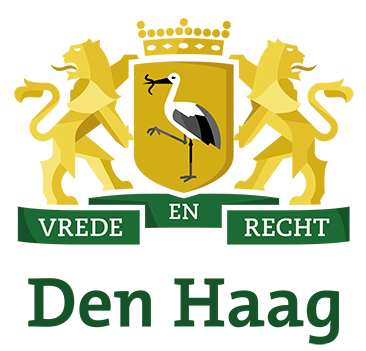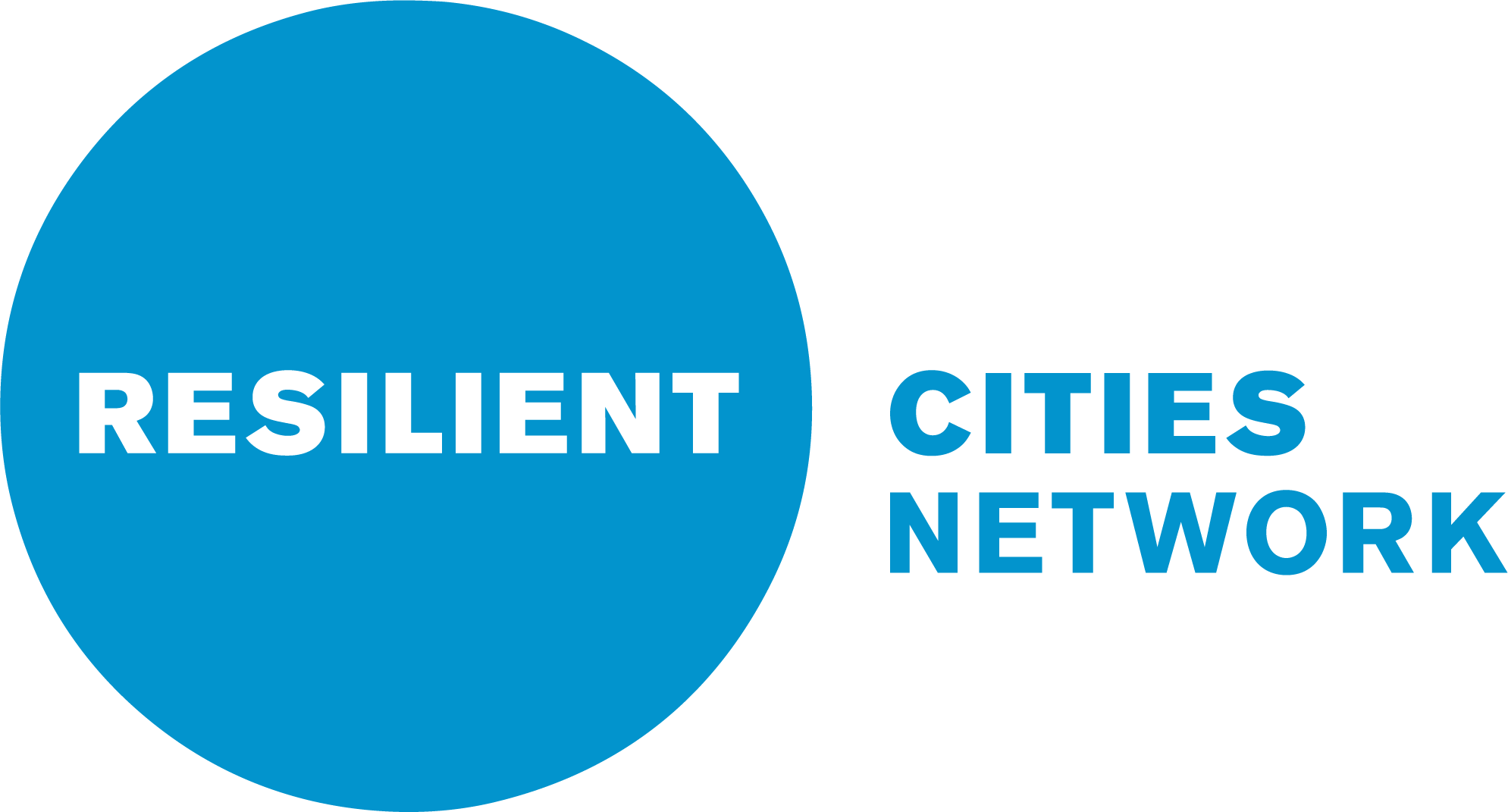
Getting a job was difficult, Mohamed Touzani knows too well. Until he got a mentor. As he recalls, "it was a successful man from the business world. But he made jokes, you know. We could act normal to each other; there was no distance. He taught me how to find work. "
Gradually, while coaching, the mentor brought Mohamed on a new path. “He helped me to create a resume, to present myself well, and to look at courses that are offered. He has made it clear to me how I can improve myself.”
Thanks to the mentor, Mohamed got a position at the municipality of The Hague. Now he is manager at Community Centre De Mussen. And in five years? "Then hopefully I will work in ICT – my passion – at a company where I can further develop myself."
Good example
Mohamed Touzani is a good example of the The Working Place project. Offering help in finding a job, what The Working Place does, is of course not new. Not even in the Schilderswijk. But the way it works is new. Well educated people work with one job seeker for six months and they see each other every week.
"That makes customisation possible", says Project Manager Ludolf van Hasselt. “It is important to gain confidence, to make a good analysis. Not to rush, which is what people are often used to, but take all the time it needs. The mentors put their time, experience, knowledge and network at the service of people who mostly live in poverty. They teach them to organise their lives in such a way that they can also work. And it shows: work makes strong, work makes resistance, work makes you proud, and an example for your children.”
Preventing segregation
The results are there: sixty percent of the participants have a paid job, ten percent undertake a training course, and the rest do voluntary work. This is due to the structured design of the project: the personal, intensive relationships between mentors and job-seekers, and the lack of coercion. Plus the financing by the European Union (EU), because the mentors are allowed to do their work paid, but there are costs for this project. In this case, the EU funder is Interreg, a program that promotes blurred borders. ‘Blurred Borders In The Hague?’ Project Manager Ludolf van Hasselt is very enthusiastic: “This is really a driver to combat segregation. People from the Statenkwartier and Benoordenhout come to the Schilderswijk. That is of course a world in itself, with all those nationalities. But those mentors also take the Schilderwijkers out of their comfort zone and give them access to other parts of the Hague society.”
Feel familiar
That may be true, but to get people out of their comfort zone they must first feel familiar. Many people find that trust in De Mussen, which at 91 years is the oldest community centre in the Netherlands. And one of the most successful, considering the many times that it serves as an example for other neighbourhood organisations in the Netherlands and abroad.
Someone who is important to the atmosphere within De Mussen is the young Samira Elkadi. She grew up there, started working as a volunteer in 2016, and has had a paid job since the end of 2017. “This is a second home for everyone,” she knows. “Even if there are problems, people come here. There is something here for every age group.”
What are the reasons that things go so well with De Mussen? “We form a unit. And the success creates pride. People create a new self-image here. That makes them strong.”

